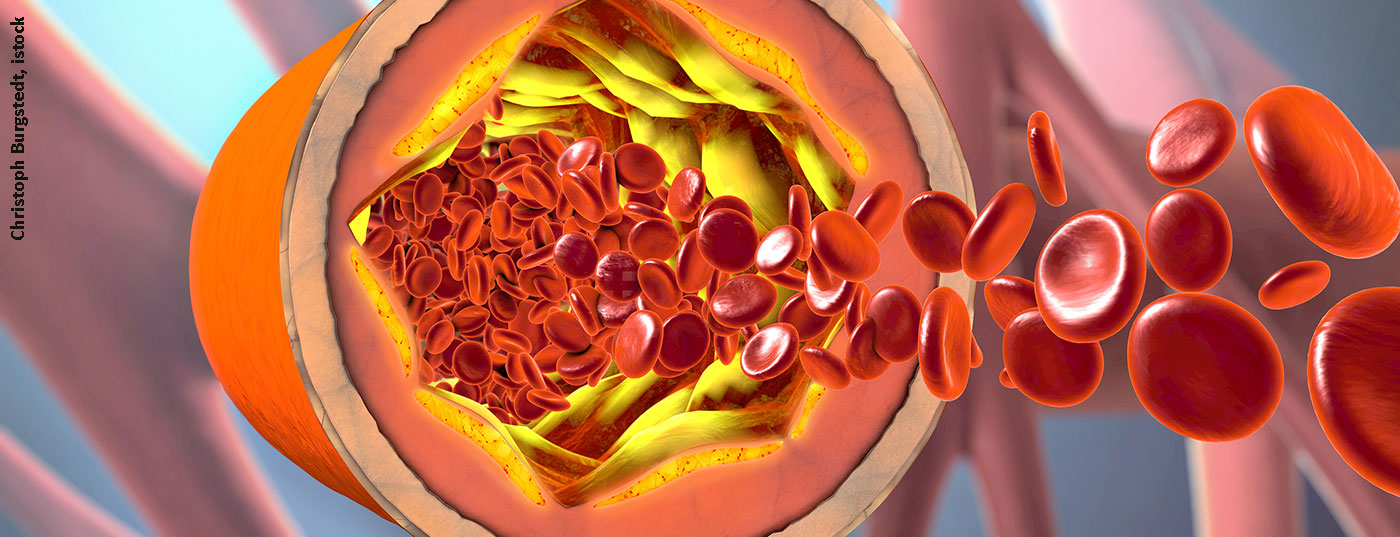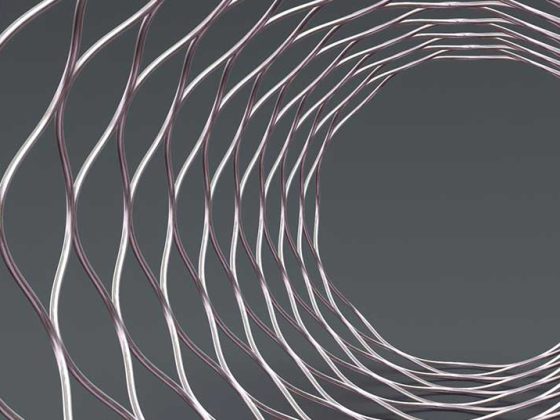A new drug could revolutionize the management of cholesterol lowering. In Vienna, a new agent was used for the first time in the clinic, which is expected to reduce LDL cholesterol by half with only two injections per year. If this effect is confirmed in practice, daily medication could be eliminated.
In patients with inborn errors of metabolism or atherosclerosis, the focus is on intensive cholesterol reduction to reduce the risk of myocardial infarction. Elevated cholesterol levels are among the most common causes of heart attack and stroke. With only two injections annually, the new cholesterol-lowering drug Inclisiran represents a promising new prospect. Currently, the treatment, which is used in addition to standard therapy such as statins, is being tested on patients for the first time.
Excellent underlying mechanism
The compound uses the RNA interference mechanism, which was awarded the Nobel Prize in 2006. This inhibits the formation of the protein PCSK9, which is involved in lipid metabolism and increases LDL cholesterol in the blood, already in the liver cell. This allows the liver cell to absorb and process significantly more LDL cholesterol. As a result, less cholesterol enters the bloodstream and dangerous deposits on the vascular wall are prevented. Studies have shown that the active ingredient is very well tolerated. Together with standard therapy, LDL cholesterol can thus be reduced by more than 80%. Since only two injections are required per year, it is assumed that patients will accept the treatment and adhere to it. The approval could herald a new era in lipid management.
Source: Medical University of Vienna (A)
CARDIOVASC 2021; 20(1): 26











